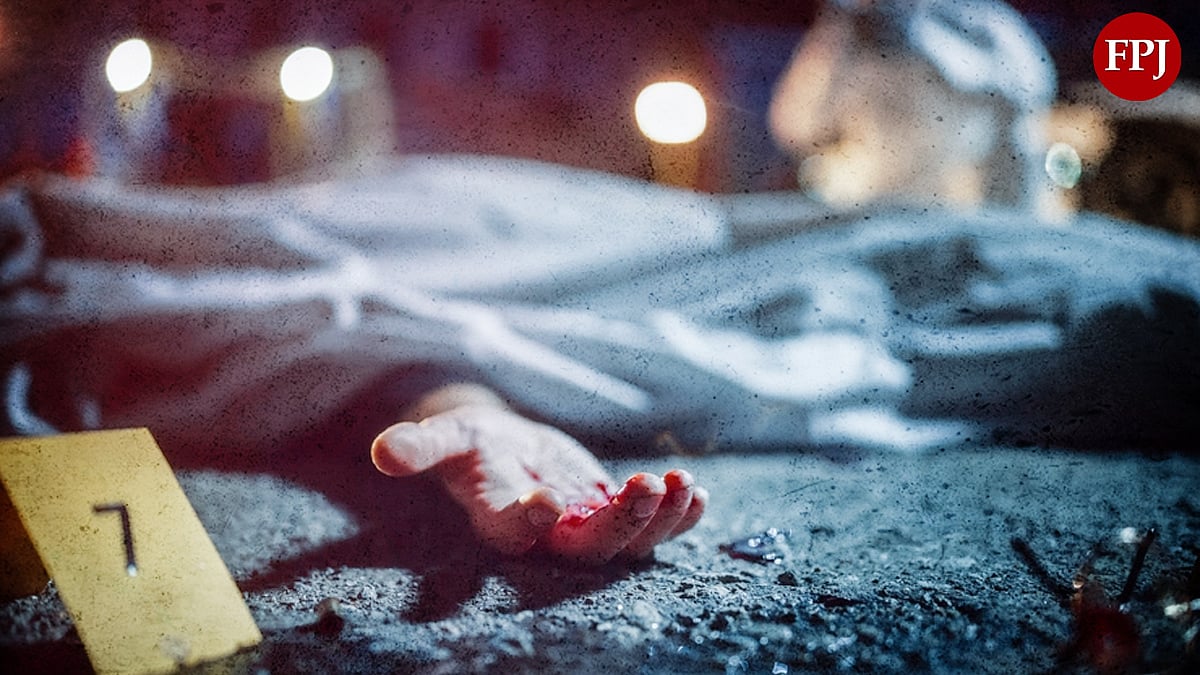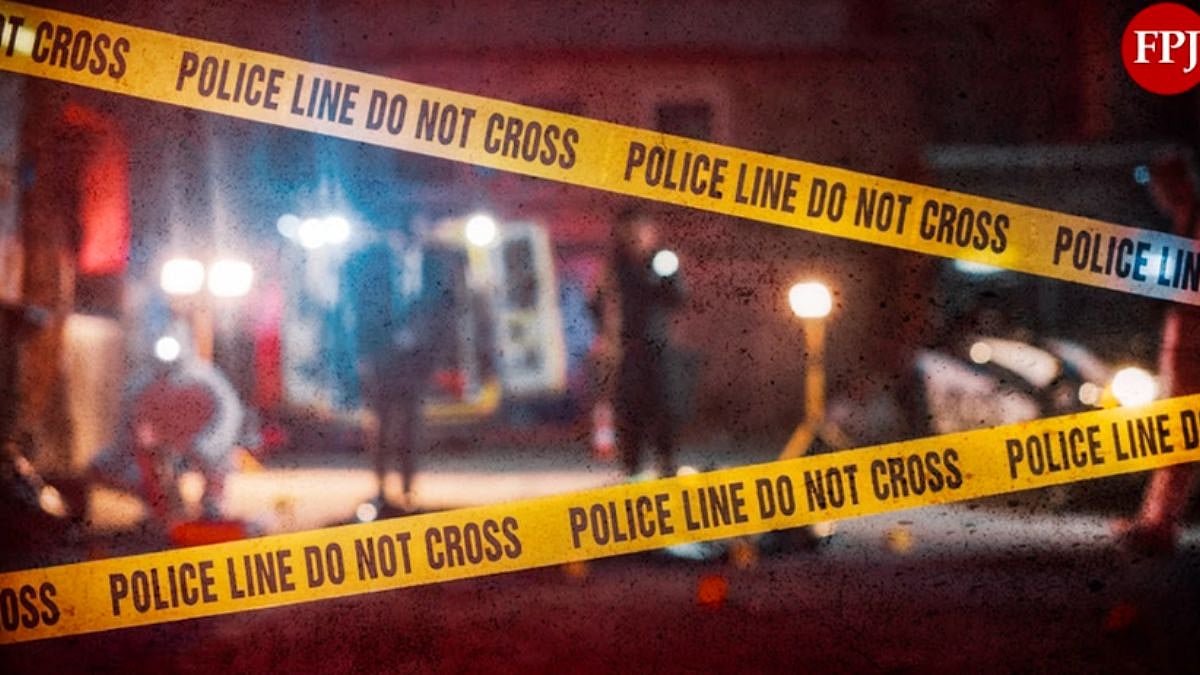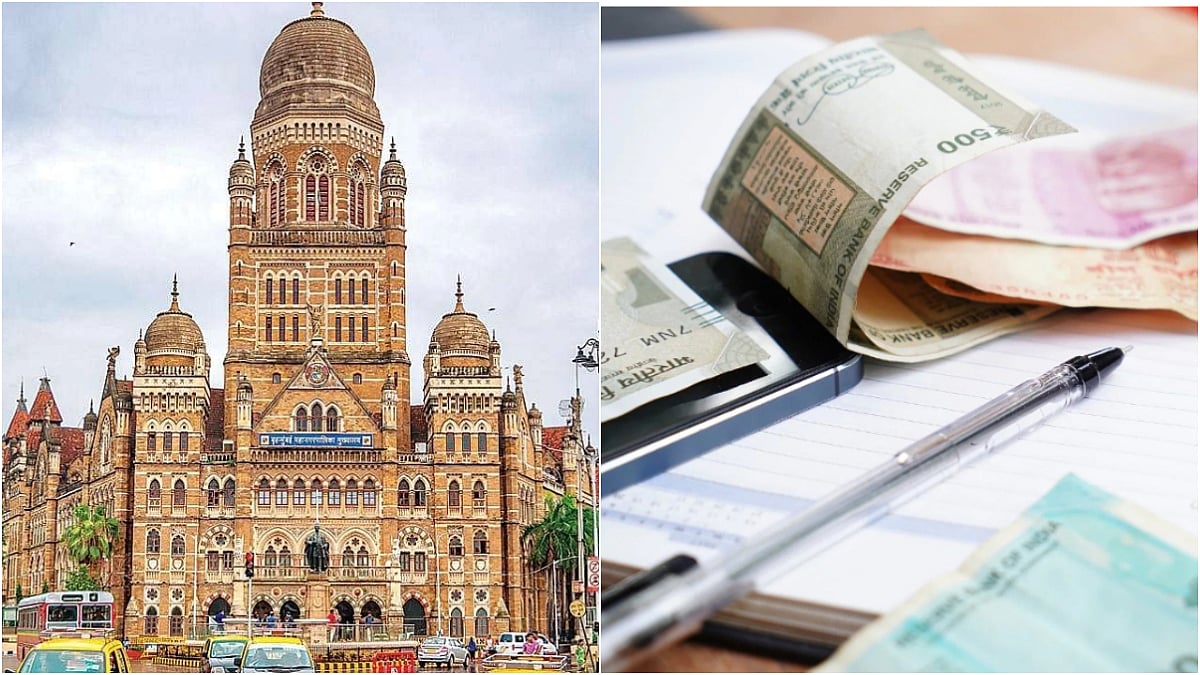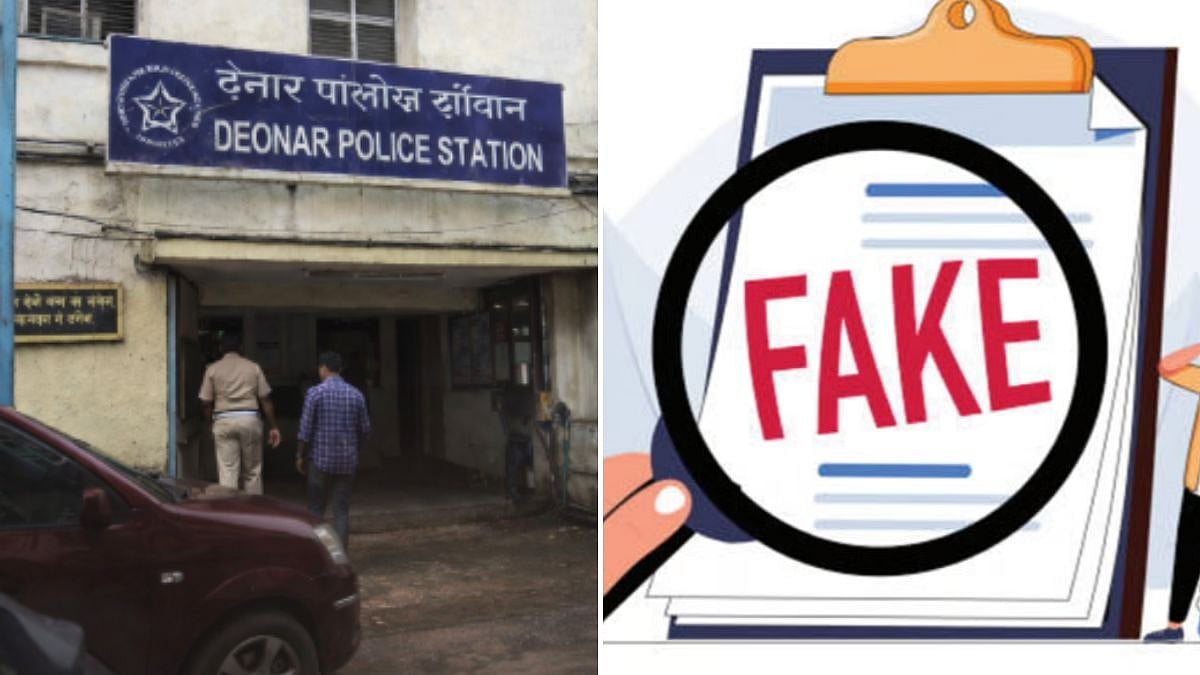The election of Gotabaya Rajapaksa as President of Sri Lanka is being viewed in India with a degree of trepidation and concern. A former defence secretary, known for his tough stand against the radical Tamil outfit the LTTE (Liberation Tigers of Tamil Eelam), Gotabaya is a hard nut to crack whatever be his pretensions to be a changed person vis-à-vis India. Younger brother of former president of Sri Lanka Mahinda Rajapaksa, he is a Sinhalese hardliner much of whose votes are attributed in the recent election to the majority community.
At their peak, the four Rajapaksa brothers were in substantial control of the country: Mahinda was the president, Gotabaya was defence secretary, Basil took most economic decisions and Chamal was the speaker of the parliament. Exasperated with this, the people at large voted out Mahinda in the 2015 elections amid high level of corruption and assault on democratic values.
Gotabaya’s past of ruthlessness against the country’s Tamils during the Tamil Tigers’ secessionist campaign and his flirtation with China when Beijing financed some infrastructure projects with strings attached left a sour taste, which the Narendra Modi government found hard to digest.
At one stage, it is believed that India had to warn Colombo not to allow Chinese warships into Colombo harbour during Mahinda’s presidency but despite that, the Chinese ships docked while the Sri Lankan government claimed that it had informed New Delhi beforehand.
That was a time when Colombo seemed to be slipping out of India’s diplomatic hug and there was concern writ large in New Delhi due to Lanka’s rising debts to China and its willingness to compromise ostensibly to bail Sri Lanka out of economic difficulties. Large-scale corruption under Mahinda added to Sri Lanka’s woes even as debts piled up.
National Security Adviser Ajit Doval who was believed to have held out the warning to Mahinda five years ago when he was on an India visit made some impact on the Lankan president from a longer term perspective though the acrimony only went under the carpet.
Now, with Gotabaya’s election as president, old fears in India are returning and understandably, Gotabaya has gone some lengths to mollycoddle New Delhi. The Sri Lankans know only too well that India has the backing of the US in any manoeuvre to check Chinese influence in Colombo. That acts as a deterrent in tilting too brazenly towards China.
During the earlier days of Mahinda’s seeming tilt towards China, matters came to a head when an Indian diplomat based in Colombo was accused of conspiring with the opposition leaders to defeat President Mahinda Rajapaksa, and subsequently returned to Delhi. In the elections that followed, Mahinda lost to Maithripala Sirisena, who was warmly welcomed by the Modi government, which irritated the Rajapaksas further.
A lot has changed between the government and the Rajapaksas in the five intervening years. The Rajapaksas are now back in power, although it is Gotabaya who is President, not Mahinda, because of two-term limits on the presidency. For its part, New Delhi has assiduously sidestepped situations where it was expected to take sides, including during the short period last year when Mahinda was sworn in as Prime Minister. In September 2018, Mahinda told The Hindu in an interview during a visit to Delhi that it was “time to move on” from the misunderstandings of the past.
Talking of Gotabaya, considering that the voting this time was polarised with minority Tamils and Muslims voting overwhelmingly for Gotabaya’s rival Sajith Premadasa, the new President-elect may need New Delhi’s help in Tamil regions to allay the fear of Tamils.
While Mahinda, a life-long politician has been able to make his peace with New Delhi, it remains to be seen whether Gotabaya, will succeed in doing the same. Back in 2017 when he was defence secretary, Gotabaya had accused the Indian government of having effected “regime change” because it had a “bee in its bonnet” about China. In an interview in 2018, he repeated that charge.
Today, he professes to be a changed man but only time will tell whether this is true or just a mirage.
At a rally last month, Gotabaya said that his government’s foreign policy would be “neutral” and stay out of “regional power struggles”. However, how practical that would be remains to be seen because his country’s debt situation with China is unnerving.
The most sensitive issue for New Delhi in dealing with Gotabaya will be dealing with the Tamil-speaking areas of Sri Lanka’s North and Muslim-dominated East, that Tamil Nadu has the closest links with. Gotabaya, who is unpopular for his role in the war against LTTE in these areas, was defeated in all of the Northern Province's five districts and in three districts in the Eastern Province in last Sunday’s election. “Given his polarised mandate, Gotabaya should actually want India’s friendship in resolving tensions with the North and East region, and India should move in quickly to ensure more development projects in those areas.
Government officials say that contrary to public perception, however, local diplomats have been meeting with both Mahinda and Gotabaya Rajapaksa in the recent past, and they expect to build on traditional ties between New Delhi and Colombo.
Within hours of Gotabaya’s victory, Modi sent a congratulatory message. “Congratulations Gotabaya Rajapaksa on your victory...I look forward to working closely with you for deepening the close and fraternal ties between our two countries and citizens, and for peace, prosperity as well as security in our region,” Modi tweeted. “I also congratulate the people of Sri Lanka for the successful conduct of the elections.”
The next few months will be a testing time. Gotabaya will be called upon to demonstrate his professed neutrality. India succeeded in wrenching Maldives away from Chinese stranglehold. Will it manage to wean away Sri Lanka too from the Chinese?
The writer is a political commentator and columnist.
He has authored four books.





